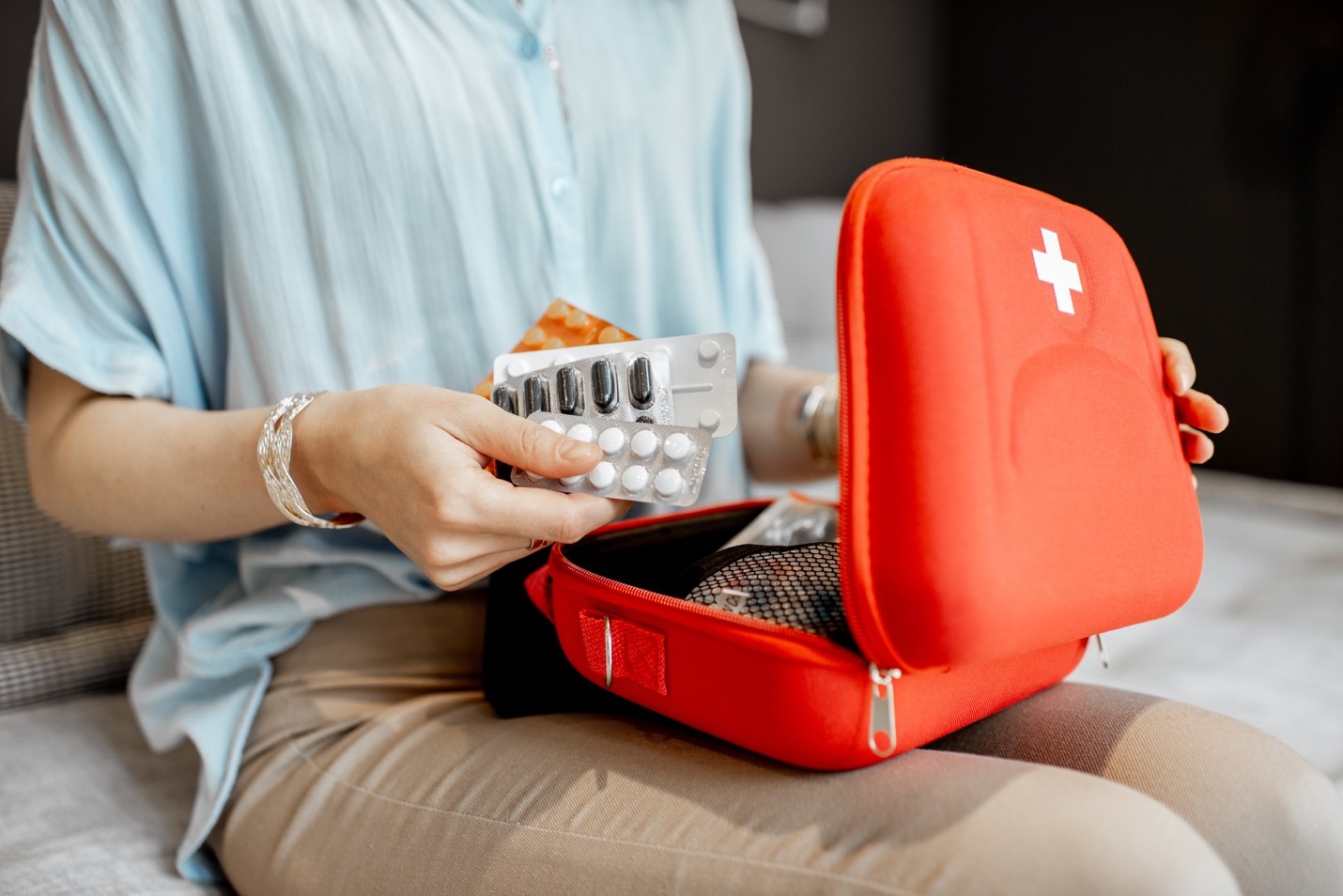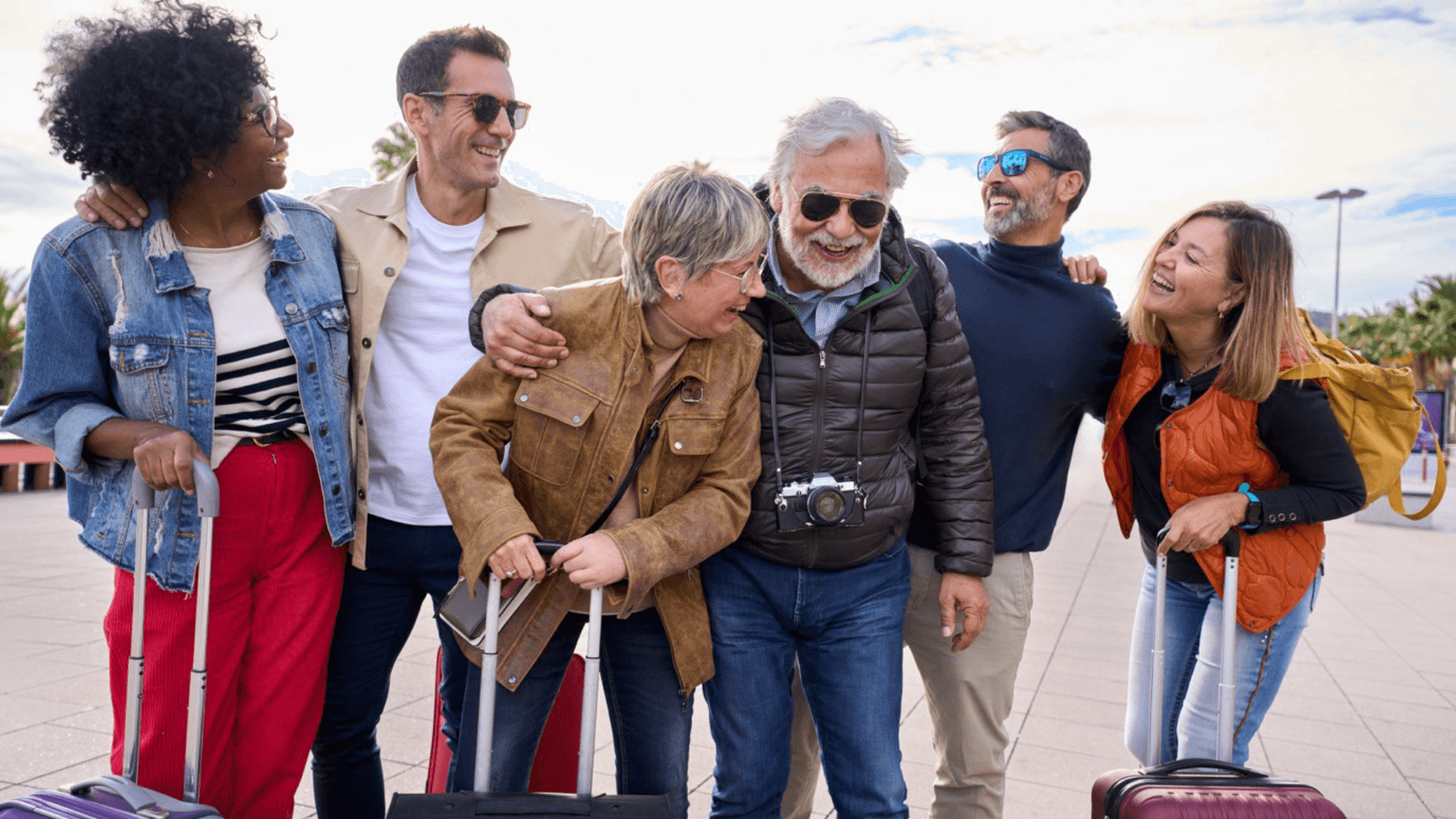Traveling can be an exciting and fulfilling experience for people of all ages. However, for senior travelers, there are specific health considerations that must be taken into account to ensure a safe and enjoyable journey. According to a study by Eurostat (2019), there is a notable correlation between age and tourism behavior, particularly among elderly individuals. The study highlights that health concerns are a significant factor affecting travel decisions for those aged 65 and older. In fact, 47% of senior citizens cited health as their primary reason for not traveling, compared to only 12% of those aged 15 to 64. Additionally, 35% of seniors expressed no desire to travel, and many older travelers prefer visiting family and friends more frequently.
Given these findings, it is crucial for senior travelers to plan their trips carefully, with a focus on health and safety. Below are some essential tips that older adults should consider before embarking on their travels:
1. Undergo a Comprehensive Health Check-Up
Before setting out on a journey, senior travelers should undergo a thorough health examination. This includes a physical check-up, blood tests, and any required vaccinations. It's also advisable for seniors to carry a copy of their medical history and a list of current medications in case of emergencies.

2. Pack Necessary Medical Supplies
Older travelers should ensure they have all essential medical supplies with them, including prescription medications, over-the-counter remedies for common ailments, and any necessary medical devices. Additionally, packing a first aid kit with bandages, gauze, and antiseptic wipes is a wise precaution.

3. Prepare for Emergencies
Seniors should be prepared for any potential emergencies while traveling. This includes carrying a cell phone at all times with important contacts saved, such as their healthcare provider and the local embassy. Purchasing travel insurance that covers unexpected expenses, including medical costs and trip cancellations, is also highly recommended.
4. Take Safety Precautions
Ensuring safety during travel is paramount. Seniors should always wear a seatbelt when in a vehicle, use a GPS or map to navigate unfamiliar areas, and maintain their energy by eating nutritious meals and staying hydrated. It’s important to be mindful of surroundings, especially at night, by staying in well-lit areas and avoiding remote locations.
5. Consider a Travel Companion
For seniors traveling alone, it might be beneficial to consider a travel companion. A companion can assist with various tasks such as packing, navigating unfamiliar places, and handling any medical emergencies that may arise.
These precautions are designed to help senior travelers enjoy a safe and memorable trip. With careful planning and attention to health and safety, seniors can make the most of their travels and create lasting memories.
References
Eurostat Statistics Explained, Tourism Trends and Aging, 2019. Available at: https://ec.europa.eu/eurostat/statistics-explained/index.php?title=Tourism_trends_and_ageing (Accessed 23 December 2022).
Travel Health, Travelling Well, 2009, Smartraveller, Department of Foreign Affairs and Trade, Commonwealth of Australia, Barton, ACT.





